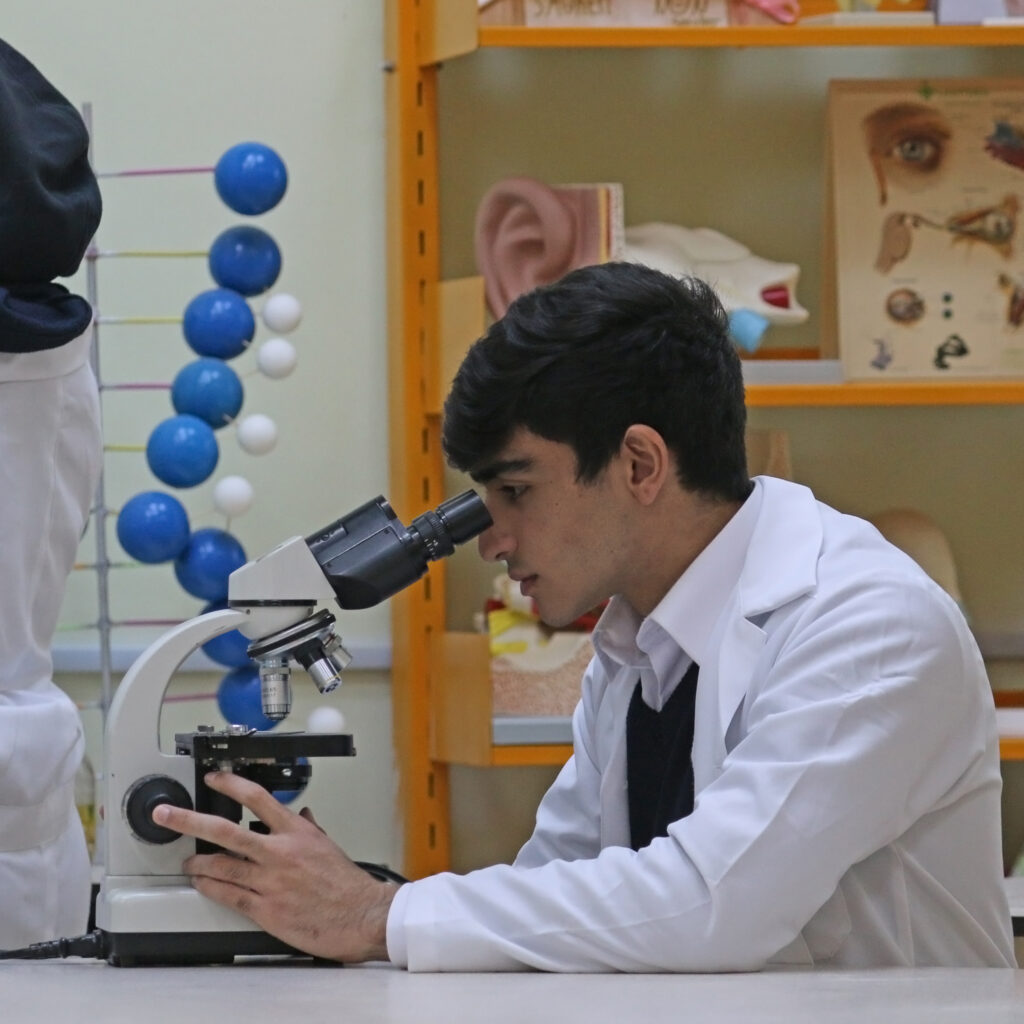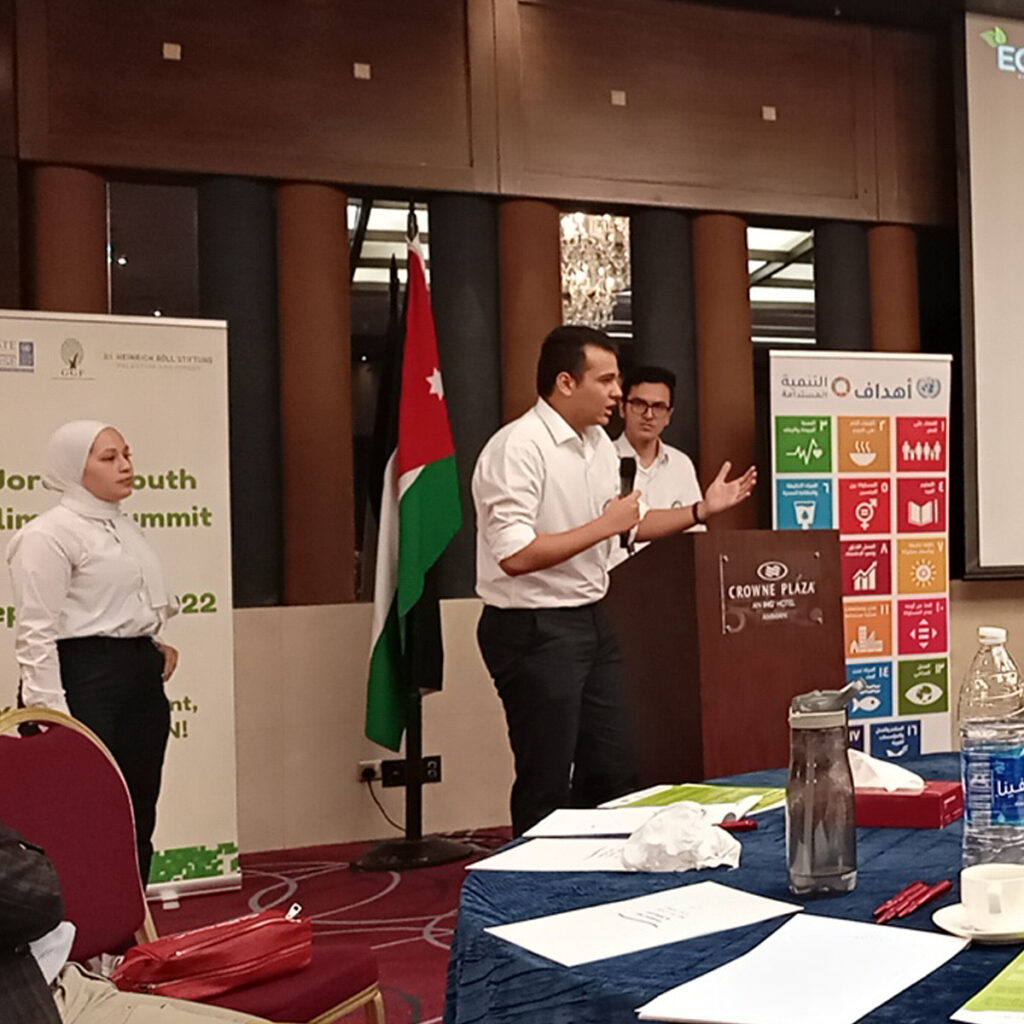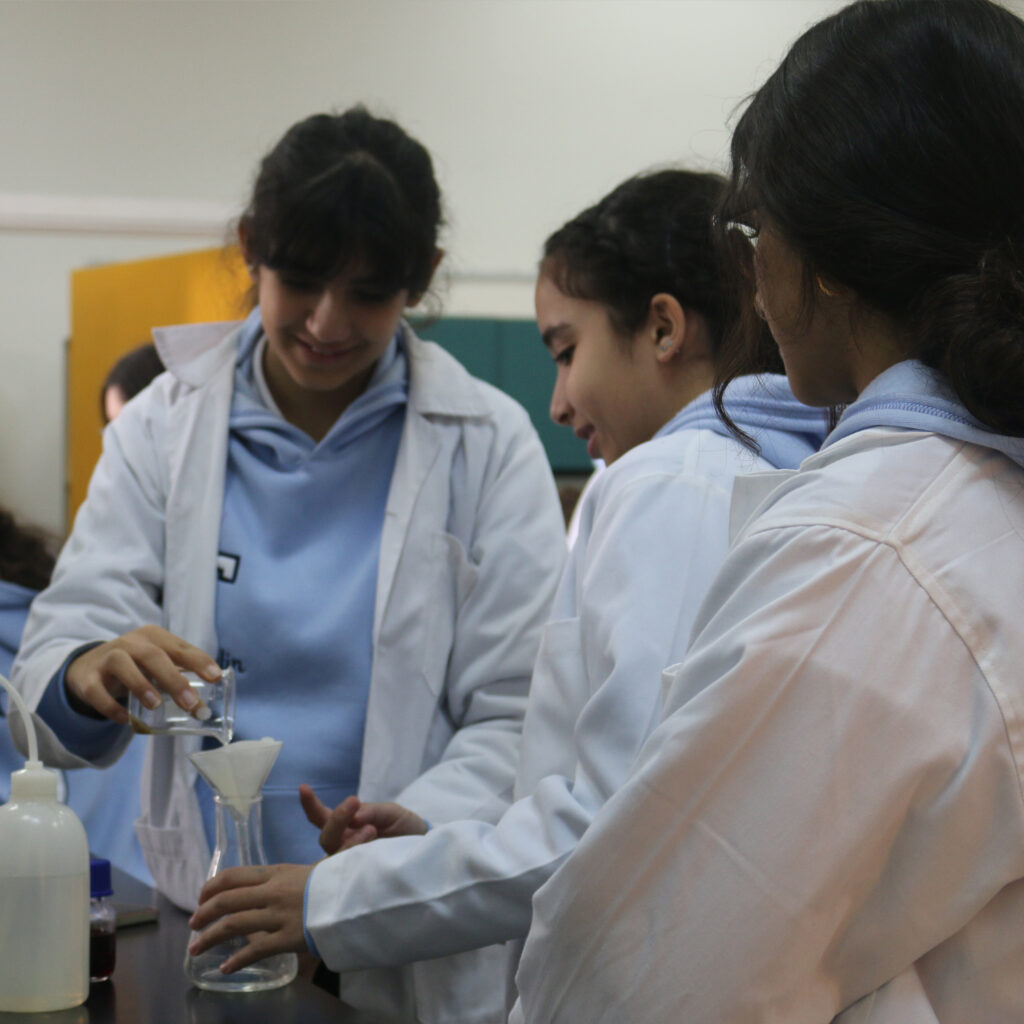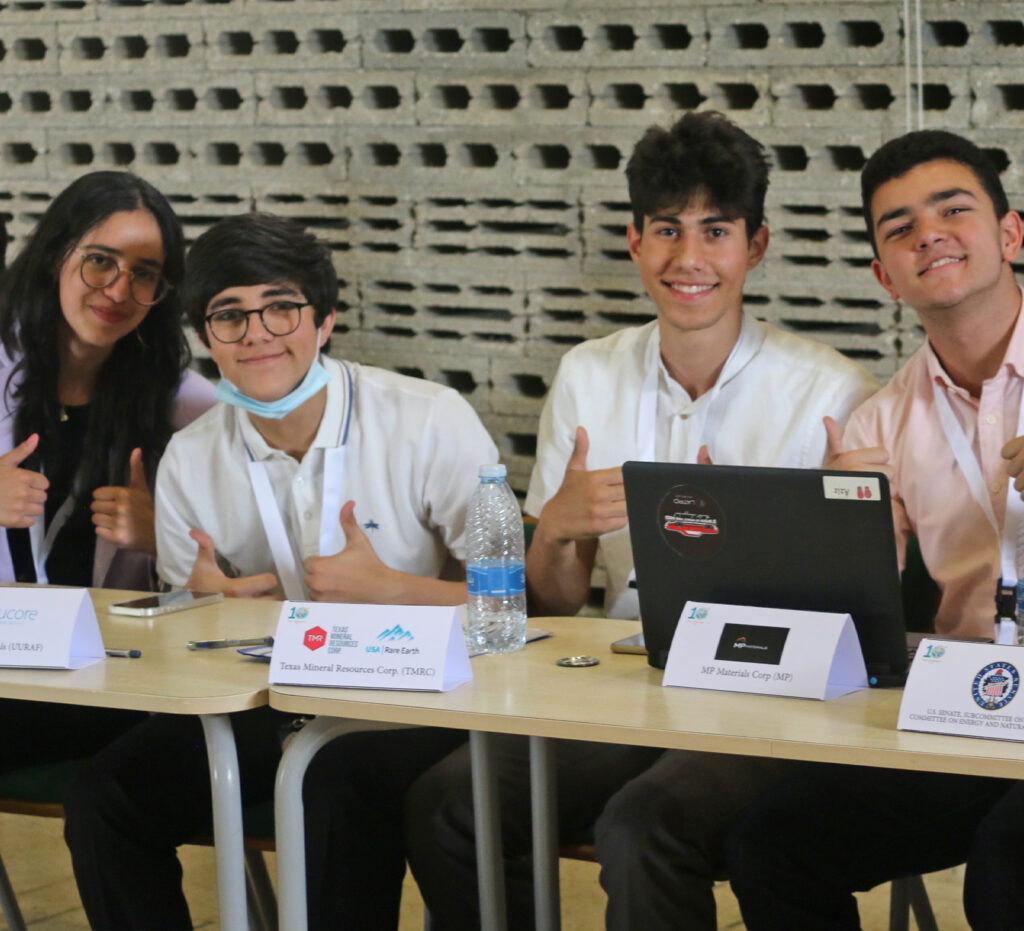At the jubilee institute, students are able to explore their subjects at length. Allowing them to build the foundations necessary to master their subjects – from sciences and mathematics to art and humanities
We introduce STEAM education in the new paradigm shift of education where learners should learn real-life scenarios and solve real-life problems that require using the knowledge of integrated disciplines. jubilee institute Support students education to be decision makers, problem solvers, lifelong learners, creators and innovators. jubilee institute offers developed series of age-appropriate programs designed to enhance 21st century skills such as teamwork, coding, problem solving and analytical skills.
A popular term we’ve heard a lot about in education recently is STEM. An acronym for science, technology, engineering, and math, an update in recent years highlighting the importance of art education as well. This “STEAM education” is becoming an increasingly important part of a modern curriculum. With the growing development of technology, we’re seeing more jobs emerge in the industry and with that, more students are preparing for careers as engineers, developers, or analysts.
While students with aspirations towards a career in tech obviously benefit from this academic focus, students from all areas of study benefit from STEAM education. An emphasis on these subjects helps to establish what are called the “Four Cs” and make them a priority for students of all ages.


Communication
One of the most valuable aspects of STEAM education is how it encourages students to learn “soft skills“. These are skills that deal more with emotional intelligence and how a person is able to interact with other people. Chief among these skills is the ability to communicate clearly. Through STEAM education, students are encouraged to do several things in their daily life that establish communication skills like critiquing art, presenting research, collaborating with peers for group projects, and communicating results in research papers.
Critical thinking
knowing something is just one part of the information’s value. The simple act of acquiring information often isn’t as important as knowing what to do once you have it. Being able to think critically means you know how to apply what you’re learning. You’re understanding how to filter effectively, allowing you to sort through life’s determining factors – Whether that’s through unexpected challenges or in navigating something as definable and understood as academic goals.
Whether in your future career or personal life, you’re going to have so many important problems to solve over time. This is a crucial skill that’s brought us through the ages, and it’s especially important as we navigate the 21st century.


Creativity
Along with creative thinking, creativity is one of the most vital skills of the 21st century. Unlike collaboration or communication, creativity isn’t something that can be taught specifically. But STEAM education creates an environment where students can learn to express themselves. With you have that supportive and accepting climate in the classroom, students get the chance to explore more of who they are. This helps students to put aside biases and allows them to think outside of the box on a variety of subjects.
Collaboration
Collaboration is a crucial part of any STEAM role. Everything from the apps and devices you use each day to the vehicle you commute to school in is a result of a team of people coming together to do their best work. Even discoveries and inventions are rarely the work of one person, but rather a team that allowed each party member to do their best work, setting the stage for the team member to discover something important.
The best teams are those that allow each member to shine and bring their own unique contributions to the table without undervaluing each other’s contributions. STEAM education encourages this, bringing a collaborative spirit to the classroom rather than a competitive one. As students work on chemistry reactions together or learn to see the value in their classmate’s artistic expressions, they are able to learn how to cooperate and how to appreciate their peers.

